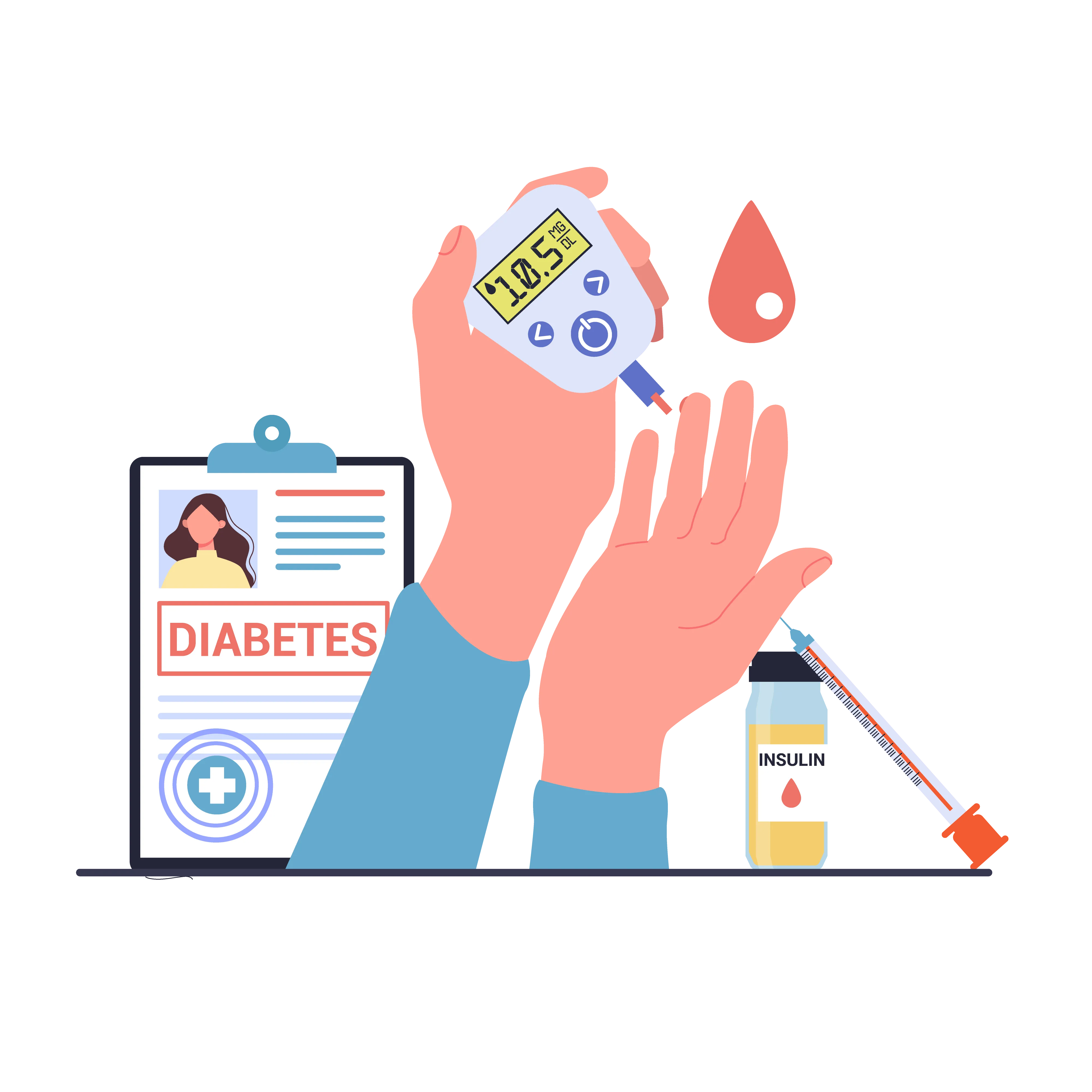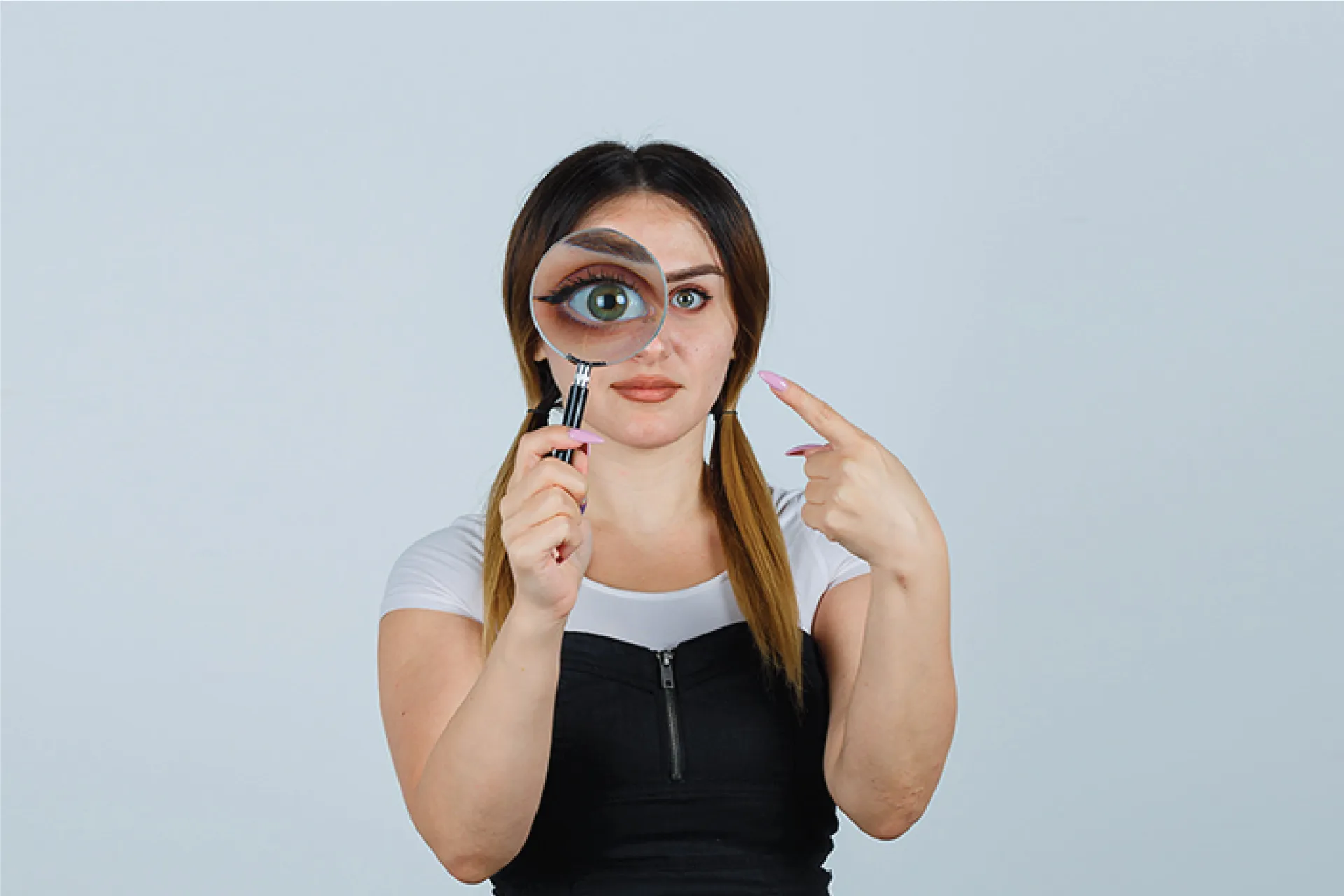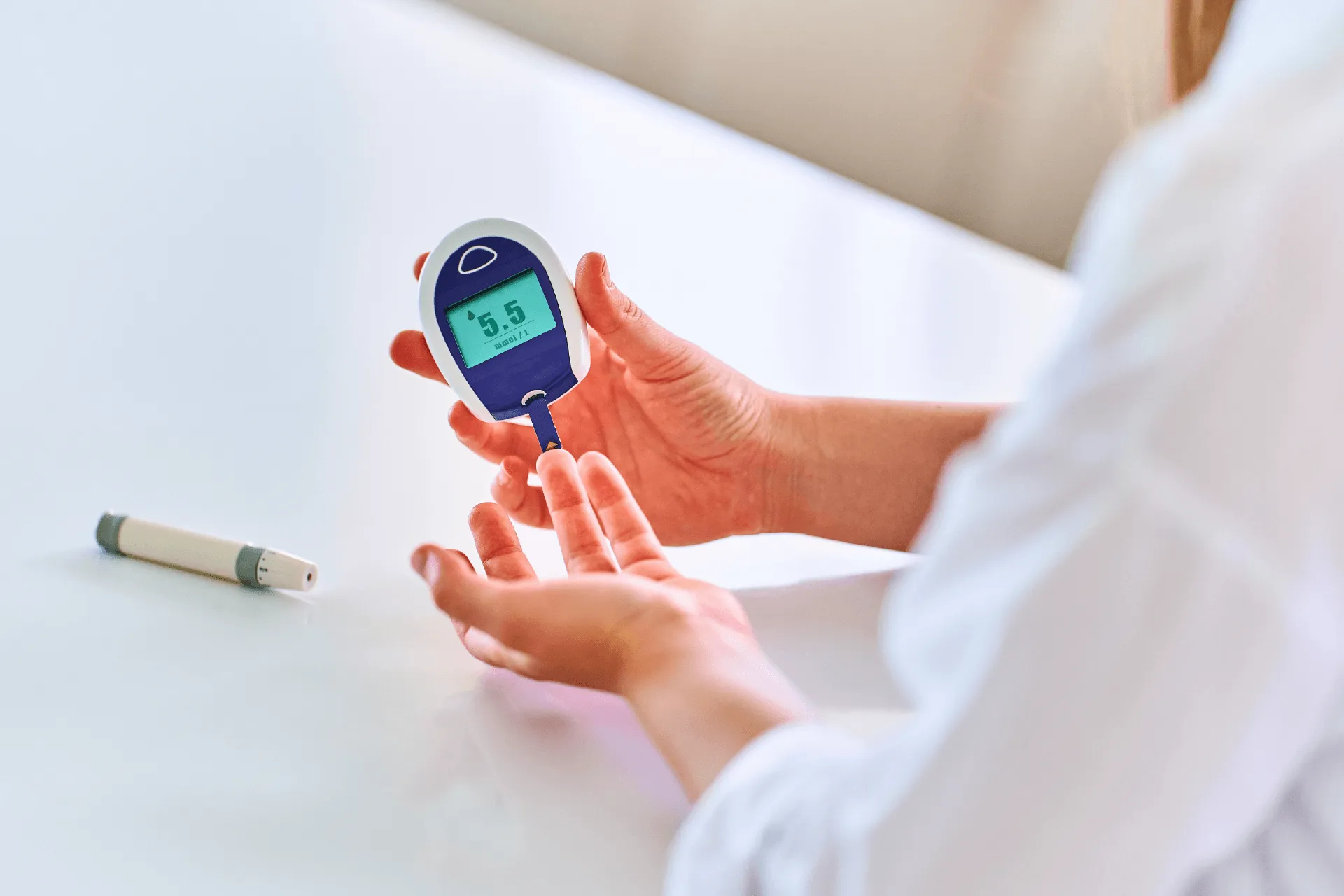Diabetes | 5 min read
10 Important Diabetes Tests for a Healthy Life
Medically reviewed by
Table of Content
Key Takeaways
- Diabetes tests are important to maintain overall health
- A sugar check can be done with a fasting blood sugar test
- Other important tests include lipid profile, ECG and CBC
Diabetes is a condition in which the glucose level of your body increases. It is a chronic health issue when the body cannot use the excess insulin produced by the pancreas. Insulin is essential to maintain the body's blood sugar. If insulin levels increase, it results in high blood sugar. This may lead to severe complications like blindness, kidney failure, heart attack, and stroke. WHO statistics reveal diabetes as being the main cause of 1.5 million deaths in the year 2019. So, it is important to take this condition seriously. A good diet, proper exercise, and maintaining a healthy body weight are the measures you can take to check diabetes. However, it is important to monitor your body for high glucose symptoms regularly. Here are 10 important diabetes tests that will help you do a blood sugar check and more.
Additional Read: Check Out the Early Signs & Symptoms of DiabetesCrucial diabetes tests
Check blood sugar with the Fasting Blood Sugar test
After fasting overnight, a blood sample is collected. If the blood sugar level is below 100mg/dl, it is in the normal range. Anything between the range of 100 and 125 mg/dL is indicative of prediabetic conditions. If your blood sugar value exceeds 126 mg/dL, you are likely to be diabetic. [2]
Confirm diabetes with the Postprandial Glucose test
This is one of the important diabetes tests where your glucose levels are checked after a meal. Your glucose levels are bound to increase after a meal before leveling off. So, wait for about 2 hours after a meal before getting tested. In a non-diabetic individual, glucose level goes back to its original value during this time. But if you have diabetes, your levels will still be high. Any value less than 139 mg/dL is normal, but if your value exceeds 200 or above, you are considered diabetic. If the value ranges between 140 and 199, you are prediabetic.
Reduce the risk of heart disease with a Lipid Profile test
High LDL cholesterol is bad for the body as it can narrow and clog your blood vessels. If you have diabetes, check these levels to reduce the chances of heart ailments. If the value of total cholesterol exceeds 200 mg/dL, it is high, and you need to take preventive measures. Anything below 150 is considered to be ideal.
Check your HbA1C levels to detect high glucose symptoms
Get an HbA1C test to assess your average blood glucose levels for the last 3 months. This test measures glucose levels in your body linked to hemoglobin. A value of 6.5% or higher indicates that you have diabetes. Any value between 5.7% and 6.4% is prediabetic, while normal individuals show a value of less than 5.7%. [5]

Monitor your blood pressure to track heart health
High blood pressure is common in those who have diabetes. Regular diabetes tests help avoid high BP complications. These include eye, kidney, and brain damage. When your blood pressure exceeds 140/90 or more, this can also increase the chances of strokes and heart attacks. A healthy blood pressure value is 120/80 or lower.
Go for a routine foot examination to check for numbness of the feet
It is normal for people with diabetes to have little or no feeling in their feet. This numbness is due to the damage caused by nerves. So, go for a periodic foot examination to ensure no grave wounds may cause serious infections.
Get CBC for overall health
A complete blood count or CBC test measures the white blood cells, hemoglobin, red blood cells, plasma, and platelets in your blood. If any one of the parameters are out of range, it needs further diagnosis. This is important for people with diabetes as high glucose in the blood can lead to several health issues.

Monitor your creatine levels with a kidney test
Diabetes can cause kidney diseases if not diagnosed timely. It can also cause kidney failure. One way is to check for albumin levels in your urine, and the other way is to do a blood test to check creatine levels. If your kidneys are not functioning properly, creatine levels rise above 1.2 in women, while in men, it crosses 1.4. This is an early indication of kidney problems.
Examine functioning of the heart with an ECG
Diabetes affects the functioning of your heart. In fact, people with diabetes are twice as likely to have heart conditions and strokes. Since these don’t have recognizable symptoms, it is crucial to do an ECG regularly.
Additional Read: Types of Heart Tests to Ensure you have a Healthy HeartExamine your eyes annually
Diabetes can result in blindness, so it is important to go for routine eye check-ups. An eye test helps to diagnose retinopathy, glaucoma, and cataracts. Here, your doctor dilates your eyes to check if high blood sugar has caused any damage to your blood vessels. A diabetes test done periodically helps to know your health status. Apart from glucose testing, keep a check on the symptoms of high blood sugar levels. Book periodic health tests in seconds using Bajaj Finserv Health. Protect yourself from high blood sugar levels you can avail diabetes health insurance.
References
- https://www.who.int/news-room/fact-sheets/detail/diabetes
- https://www.cdc.gov/diabetes/basics/gettingtested.html#:~:text=Fasting%20Blood%20Sugar%20Test,higher%20indicates%20you% 20have%20diabetes,
- https://www.urmc.rochester.edu/encyclopedia/content.aspx?contenttypeid=167&cont entid=glucose_two_hour_postprandial,
- https://www.cdc.gov/cholesterol/cholesterol_screening.htm
- https://www.everydayhealth.com/hs/type-2-diabetes-live-better-guide/importantdiabetes-tests/
- https://www.diabetes.co.uk/diabetes-complications/high-blood-pressurescreening.html
- https://www.cdc.gov/diabetes/library/features/diabetes-and-heart.html
- https://pubmed.ncbi.nlm.nih.gov/31862754/
Disclaimer
Please note that this article is solely meant for informational purposes and Bajaj Finserv Health Limited (“BFHL”) does not shoulder any responsibility of the views/advice/information expressed/given by the writer/reviewer/originator. This article should not be considered as a substitute for any medical advice, diagnosis or treatment. Always consult with your trusted physician/qualified healthcare professional to evaluate your medical condition. The above article has been reviewed by a qualified doctor and BFHL is not responsible for any damages for any information or services provided by any third party.





